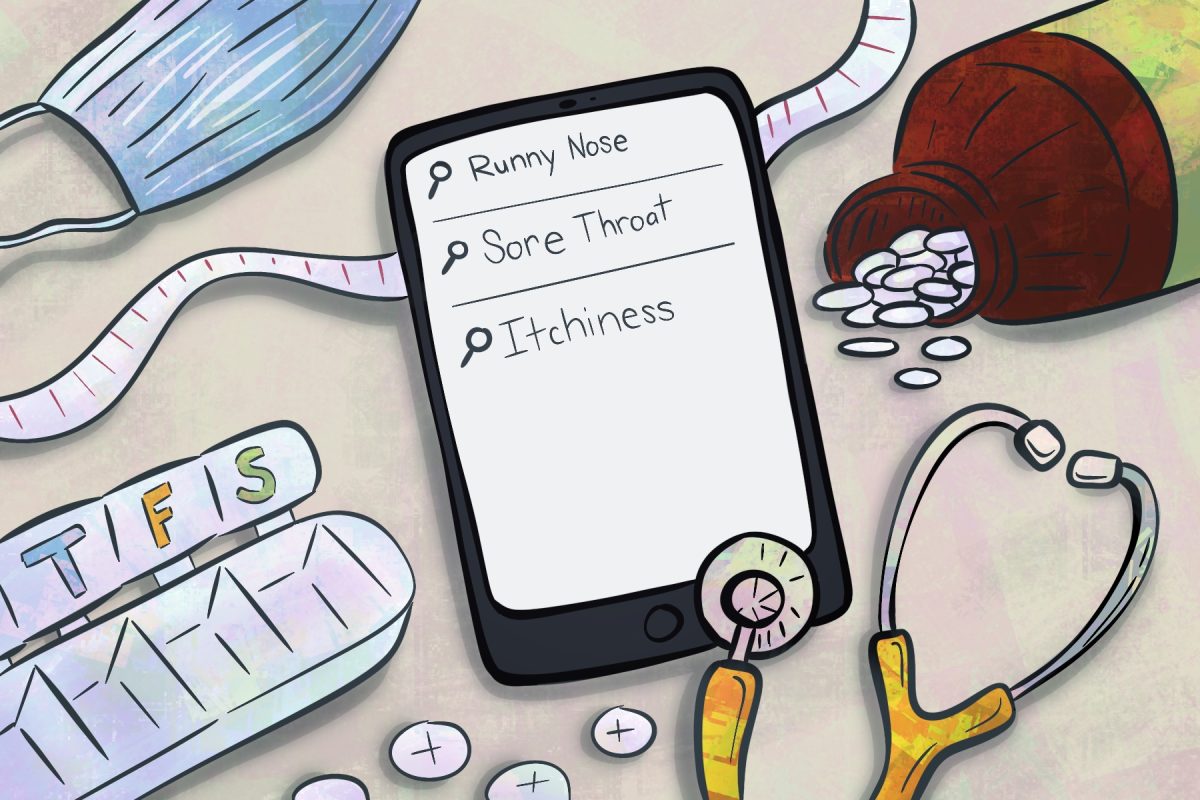This past Wednesday, the second GOP debate aired on Fox News, with seven qualifying candidates attempting to sway voters in their favor.
I watched the debate from a laptop in my dorm room, and through the constant shouting matches and contests for speaking time, the fiery debate revealed one thing: The abundance of candidates prevents any of them from proving themselves as a capable alternative to Donald Trump.
For two hours, the candidates debated issues of border security, education, race, foreign policy, and the $33 trillion national debt. On each issue, candidates sought to set themselves apart from the pack by touting previous achievements, policy plans and, in Mike Pence’s case, “sleeping with a teacher for 38 years.”
Most candidates attacked Trump for skipping the debate, with Chris Christie calling him “Donald Duck” for ducking the debate and Ron DeSantis saying that “Donald Trump is missing in action.”
However, as much as they wanted Trump on the stage, they couldn’t handle another contestant without spiraling out of control. As I watched, a moderator threatened to turn off Doug Burgum’s microphone because of his constant interruptions; Vivek Ramaswamy was repeatedly drowned out by the other candidates, who continually attacked his resume. DeSantis seemed to just start yelling whenever someone else on stage did.
These overwhelming shouting matches distracted from the real issues voters care about and prevented prevalent candidates DeSantis, Nikki Haley and Ramaswamy from projecting their campaigns to over 9 million viewers.
More importantly, they made each candidate’s pitch short, difficult to hear, and overshadowed by their fights. Specifically, even though they share just over 10 points in national polls, Pence, Christie, Tim Scott, and Burgum used over 38 minutes of the two-hour debate.
It’s time for those lagging in the polls to drop out. That way, by the time the third debate arrives on Nov. 8, voters can hear the pitches of viable competitors to Trump’s 42-point lead over the rest of the GOP primary field.
With fewer competitors and a still-absent Trump, the third debate could effectively damage the former president’s lead. Not only would the remaining candidates be able to connect to voters, but they could amp up attacks on Trump’s vow to skip the primary debates. With more opportunities to speak, candidates could relay to voters their vision for a GOP without Trump.
Voters want to test the possibility of a post-Trump era. The former president’s endorsement was detrimental to many campaigns in 2022, when over half of his endorsed candidates lost their elections. Beyond that, he has four indictments, and on Sept. 26, a judge ruled that he committed fraud in multiple businesses.
While the other candidates debated in the Ronald Reagan Presidential Library, Trump attempted to steal their thunder by broadcasting a speech to Michigan autoworkers but was trounced in viewership.
From viewership ratings alone, it’s evident that right-leaning voters see a future without Trump at the helm. Most of the GOP candidates — particularly Christie — believe that the Republican Party needs to leave Trump behind. But if hopeless candidates don’t concede, potential competitors to Trump’s supremacy won’t have the chance to advance in the polls.
In that case, none of the current candidates will be strong enough to take his throne.









